|
Most people have heard the advice "write what you know", and I certainly did with Mother's Nature, although not quite so literally. The novel explores the sinister, complex relationships between Raven, Gwen, Mona, and Betty, three generations of women all struggling to either understand, control, survive, or manipulate each other. After reading the story, a reader may come to the conclusion that I have a low opinion of women and the way they behave within their peer groups. In some ways, the reader would be correct. Experiences in my own life have definitely shaped my opinion on the subject of female relationships. I grew up with an older brother and a younger sister, the best of both worlds. I could play war games and trade baseball cards when I wanted and I could play with dolls and dress-up when I wanted. I never lacked female companionship at home, so I didn't feel a need to seek it outside of the family. Add to that my natural affinity for solitude, and my desire to develop or join a "girl squad" was pretty much non-existent. Um...yeah, no thanks Like most women, I had my share of nasty encounters with girls my age all throughout school and adulthood. I had little interest in playing those games and preferred the company of boys. They were easier, didn't hold grudges, and didn't busy themselves with backstabbing and gossip. Perhaps because of my brother, I knew what boys were really like, and I had no patience for the "damsel in distress" or "wilting violet" roles the girls would routinely play to try and attract a boy. Not me. I was strong and independent and I wanted the boys to know it! I don't think it helped me in the boyfriend department, but it helped me in the Boy Friend department. Not that I didn't have any girl friends, but my lasting friendships were mostly with the opposite sex. Yes, please! Growing up, I also observed family relationships between women and took many mental notes. I'm sure the twists and turns within the tight-knit family circle is familiar to all of us. Family squabbles, jealousy, manipulations and guilt--no matter how minor--are all players in the arena where there is no escape from blood ties. Rightly or not, we feel an obligation to tolerate much worse behavior from our family members than we would from any other person, and we feel obligated to protect and defend them as well, though grudges may persist. When writing Mother's Nature, I decided to take the worst aspects of these female to female relationships and exaggerate them, focus on them, and play them out. I used family experiences, gleaned from first or secondhand knowledge, and magnify the emotional repercussions and personal torments for each character. I enjoyed it greatly. Many times, I fell so deeply into an emotional scene, that I lost track of space and time. I became Raven or Mona or Gwen or Betty. I loved writing Mona, she is so manipulative and mentally wrecked. She allowed my own mind to go places that in any other arena would be unacceptable. That is why I write. "I love you, Mommy Dearest" The mother/daughter dynamic between Raven and Mona was fairly easy to construct. Any daughter understands or has experienced the feeling of guilt towards her mother to some degree. The desire to be independent--separate and unique--from her closest role model, no matter how perfect her mother is, fosters at least some feelings of guilt, even in the healthiest of relationships. An unhealthy (to say the least) relationship such as the one between Raven and Mona, serves as a breeding ground for enormous, oppressive guilt. Guilt and fear are two main factors that drive Raven's actions in the story, just as I'm sure they drive the actions of many people in real life. Raven's push away from Mona as a role model was more than a mere rebellion, it was a survival instinct. From a very early age, Raven recognized the wrongness of her mother's actions and core personality, and pointed herself, subconsciously as a child and consciously as an adult, in the opposite direction. In the end, Mona's demise was a result of her desperate need to control everyone around her so that she would never be alone. She didn't love her daughters, she wanted to control and possess them. Betty couldn't face the fact that she had given birth to and failed to harness the monster Mona had become, and experienced extreme guilt and shame until the day she died. Gwen suffered and died as a result of Mona's actions and Betty's failure to overcome her shame. Even though I left the ending of Mother's Nature, and Raven's future, open to the reader's imagination, I like to think that she went on to develop healthy relationships with women. They would be few, but they would be true. Raven is the hero of the story. In a way, Raven is how I want all women to be in the end: strong, independent, instinctual, and confident. Kate Beckinsale as Selene in Underworld
0 Comments
Leave a Reply. |
About meI write novels and poetry and this blog. Categories
All
Archives
January 2022
|
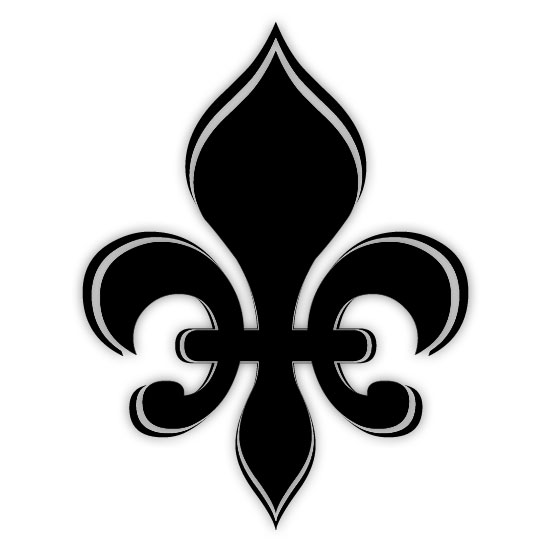
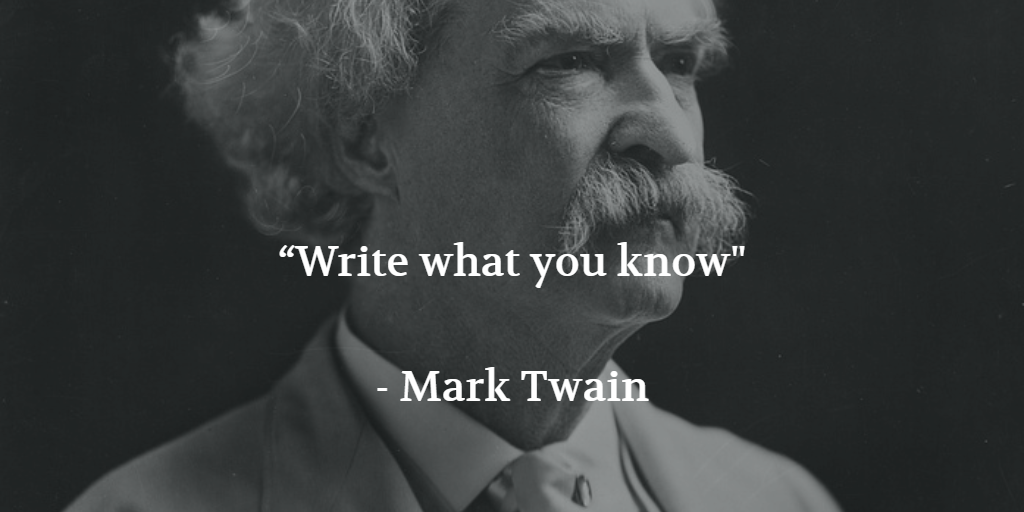
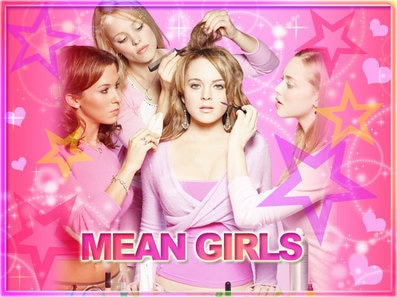
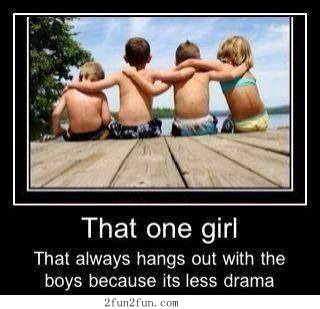
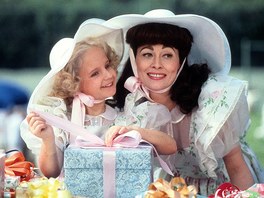
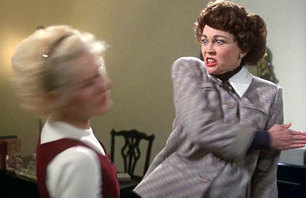
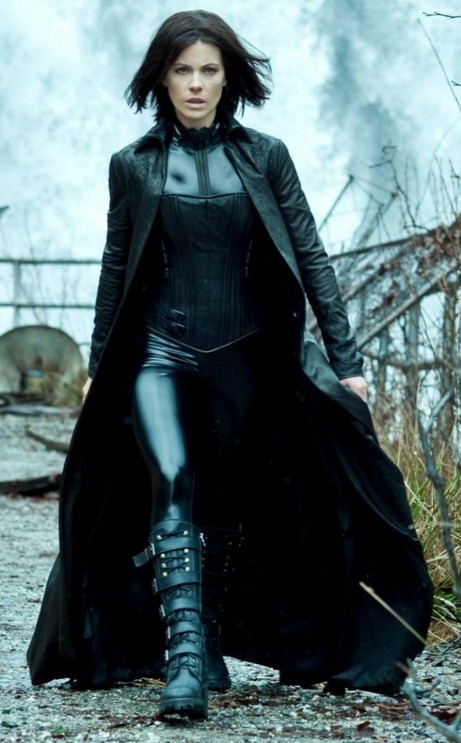
 RSS Feed
RSS Feed
